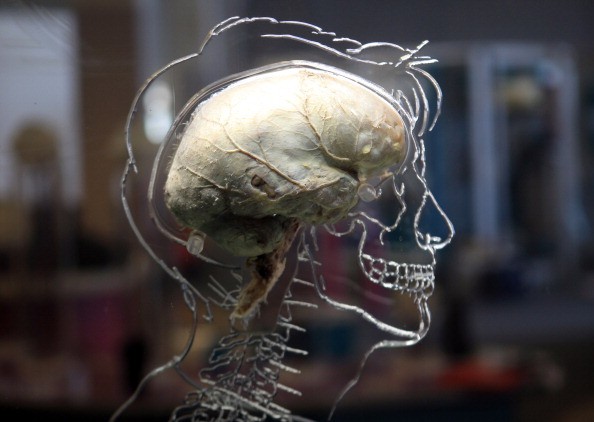
Researchers may have uncovered a biological factor that may be a cause for some cases of schizophrenia. The issue is a normal process of the brain that becomes overactive. This finding could lead to ways to treat or even prevent schizophrenia, but such outcomes may still be years in the future.
The research is based on studies of genetics, autopsies of brain tissue, and work with mice.
Schizophrenia affects about 1% of people at some point in their lives. Symptoms of schizophrenia are hearing voices or seeing hallucinations, having strange ideas, and paranoia. Some people with schizophrenia believe that other people can read their minds or are plotting against them. The cause of schizophrenia is unknown.
The new study links schizophrenia to a normal process that happens in the brains of teenagers and young adults, which is when symptoms commonly appear. During these years, the brain pruning back the number of synapses, the places on brain cells where the cells meet and signal each other. In schizophrenia, this pruning process may get out of control and too many synapses are cut out.
The study was published in the journal Nature.
The new research may apply to "a very substantial fraction of cases, maybe most cases, even," said senior author Steven McCarroll in an interview with the Associated Press. "It's like you have a gardener who was supposed to prune the bushes and just got overactive," Cuthbert observed. McCarroll is with Harvard Medical School and the Broad Institute in Cambridge, MA.
However, the overzealous pruning does not appear to cause schizophrenia by itself. It may be one process that promotes the disease when combined with other factors in the brain, McCarroll said.
The researchers analyzed data on DNA from 28,799 people with schizophrenia and 35,986 people without it. They found that having a gene called C4 can raise the risk of schizophrenia by about 30%. In lab mice, they found that the gene plays a key role in pruning synapses. But C4 comes in several forms. The versions that raise the risk the most are those that were most active in the brain.
If this finding is correct, there may be drugs that could halt the overzealous pruning, McCarroll said. But such treatments are years away, he said.



